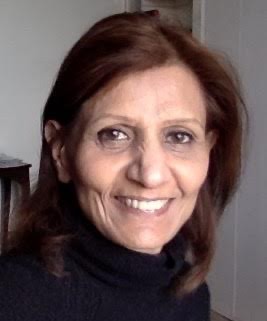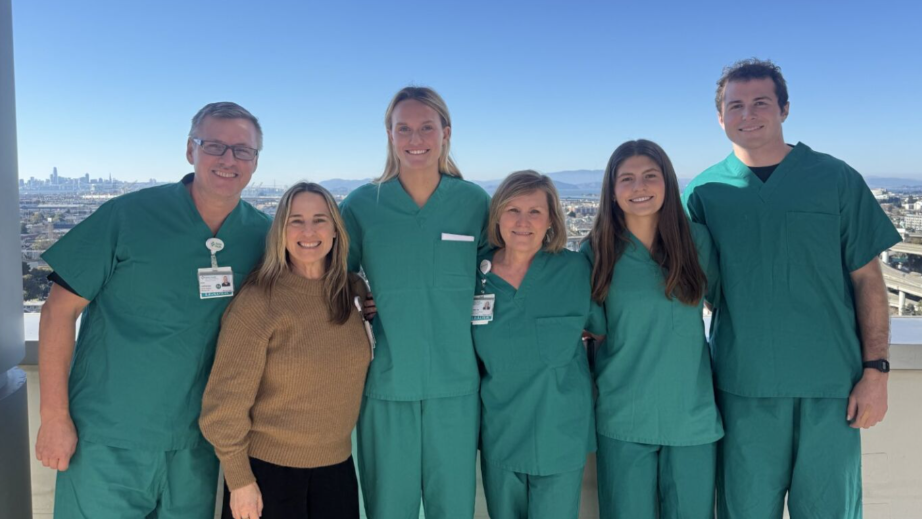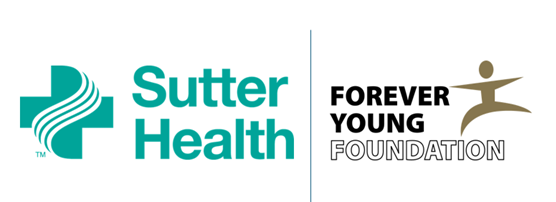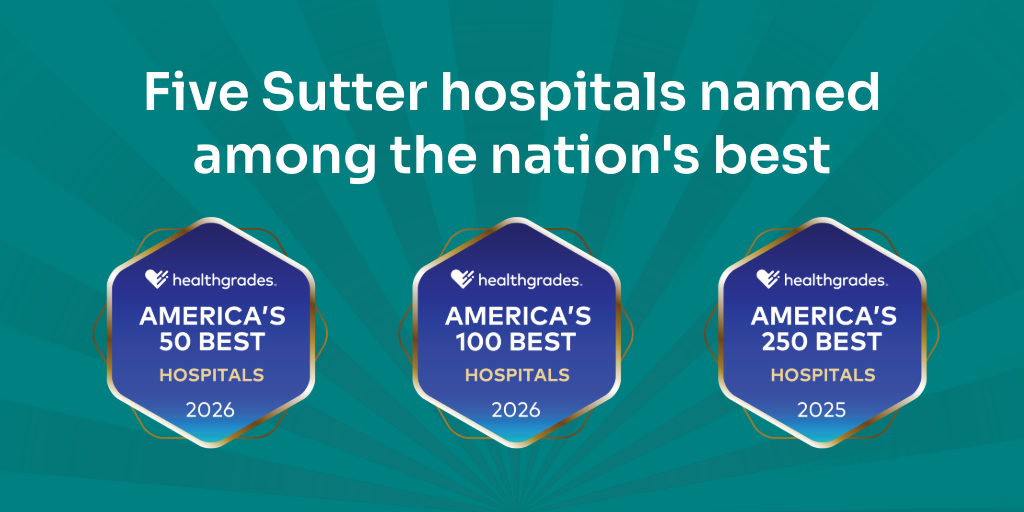San Francisco is home to many LGBTQ firsts—from hosting the first gay pride parade to electing Harvey Milk as California’s first openly gay politician to issuing the first same-sex marriage license in the United States on June 16, 2008. In a first for Sutter Health, we introduce you to Ghazalla Sadiq, one of two of the Northern California-based health system’s first gender care advocates. In this Q&A, we talk with Sadiq, who works at Sutter Pacific Medical Foundation’s 45 Castro Street Care Clinic in San Francisco, about her role and the services the clinic provides to LGBTQIA+ patients.

Ghazalla Sadiq
V: What is gender-affirming care?
G: Gender-affirming care is a supportive form of healthcare that encompasses an array of services, including medical, surgical, mental health, and non-medical services for transgender and gender diverse patients. Gender Affirming Hormone Therapy (GAHT) is the most common example of gender-affirming care, as it helps patients acquire the appearance that is more aligned with that individual’s gender identity.
V: What do you do as a gender care advocate?
G: My work includes helping gender care patients schedule appointments with Sutter’s specialist providers and training other clinics and departments on best practices in providing care to transgender and gender diverse patients. I also spend hours on the phone obtaining insurance authorizations for gender-affirming services, medications and treatments. While such work is time consuming, these services are hugely important to ensuring these patients’ physical and mental well-being.
V: What made you want to get into this line of work?
G: I believe everyone deserves the right to receive safe, compassionate and thorough care. I also believe that everyone deserves to be respected and supported for who they are.
A: Is there a patient interaction you’re especially proud of?
G: Seeing patients come into the clinic over the years, as they feel more at ease with themselves and grow in confidence, is a constant reminder of why it is so important to continue advocating for comprehensive gender care. We have patients who are 80+ years old and have transitioned decades ago, while others who are in their early 20s and just getting started on their affirmation journey. We even have patients in their 70s who recently begun transitioning. I am proud to be doing my part in helping these individuals wherever they are in their journey.
V: What are some misconceptions about LGBTQIA+ care?

The Sutter network offers family practice, internal medicine, pediatric and specialty care providers with experience and training in providing medical services to transgender and gender non-binary patients.
G: There is a common misconception that LGBTQIA+ care is all about STD screenings or HIV screenings. While the LGBTQIA+ population does belong to a marginalized community, their care involves many of the same health issues and concerns as the general population. They also have the same right as the general population to receive the best possible level of care in a safe and respectful environment.
V: How is Sutter addressing the needs of the LGBTQIA+ community?
G: Sutter is deepening relationships with specialists in the Bay Area. We have been reaching out to many Sutter-affiliated providers and external specialists in areas such as gender-affirming surgeons, speech therapists, electrolysis providers, and laser hair removal providers who see LGBTQIA+ patients with the aim of creating professional relationships between our clinics. Such communications allow us to learn about the services they offer, understand how best we can refer our patients for those services and obtain the necessary insurance authorizations, and work together to better serve the LGBTQIA+ community. While these may be external resources, they are a part of our commitment to our patients to ensure their care is not delayed.
Additionally, we are constantly striving to improve our services and the care experience for LGBTQIA+ patients through provider and staff trainings. The Sutter Gender Care Program recently gave a training presentation to Sutter’s Patient Service Representative Ambassadors regarding care for transgender and gender diverse patients.
Use Your Voice: Sutter’s Gender Affirming Voice Care Group is an opportunity to work towards finding and using a voice that best represents you. Learn more here about these free of charge virtual classes.
V: LGBTQIA+ healthcare is under attack in many parts of the country. What’s been the experience at 45 Castro?
G: We’re all aware of the political situation and the negativity surrounding LGBTQIA+ healthcare. We are aware that threats are made against clinics offering LGBTQIA+ care, especially gender care. That does not deter us, and we do not hide the fact that our providers offer gender affirming services to patients.
V: What do you hope LGBTQIA+ care looks like in the next 5 years?
G: My hope is that LGBTQIA+ care will be mainstream not only in the Bay Area and California but throughout the United States. I hope healthcare organizations will continue to lead the way in educating providers and staff on the best practices for creating safe and inclusive environments where LGBTQIA+ patients can feel part of the decision-making process.





